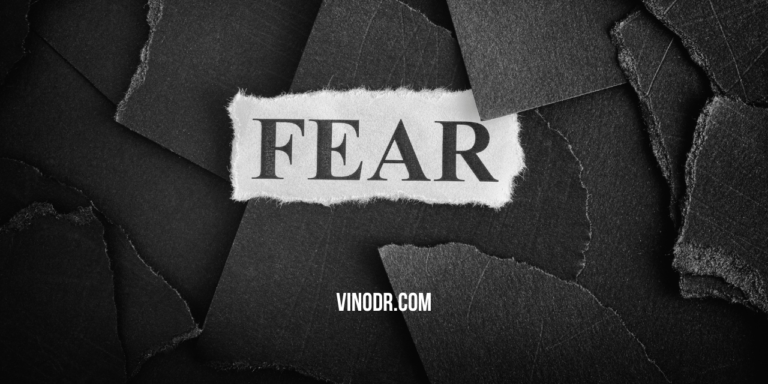This too shall Pass
This too Shall Pass
Neither the bad nor good, moments in life ever indefinitely last
“This too shall pass” is a simple but profound phrase that reminds us that everything in life is temporary, both good and bad. This phrase has been used throughout history in various forms and languages and resonates with people across cultures and generations. It serves as a reminder that life is a series of ups and downs, and that we should appreciate the good times while enduring the bad times because both will eventually pass.
In life, we all go through difficult times such as losing a loved one, facing a health crisis or experiencing financial difficulties. During these moments, it can be easy to feel overwhelmed and hopeless. However, the phrase “This too shall pass” can provide comfort and perspective. It reminds us that no matter how difficult the situation may be, it is temporary and that we will eventually emerge stronger and wiser.
On the other hand, the phrase can also serve as a reminder to cherish and appreciate the good times in life, such as moments of happiness, success, or love. By acknowledging that these moments are also temporary, we can fully embrace them and enjoy them to the fullest.
“This too shall pass” is a powerful reminder of the impermanence of life and the importance of living in the present moment.
As the Persian Sufi poets wrote centuries ago,
“I saw that everything is fleeting, but that which is lasting is the moment.”
The changing world order by Ray Dalio was an eye-opener for me
Ray Dalio’s “The Changing World Order” is an eye-opener for me because it presents a new way of thinking about life in general. It presented me with a new school of thought.
Change is inevitable: Ray Dalio shows that the world is constantly changing and that the current global order is not set in stone. This serves as a reminder that change is an inevitable part of life, and that we should be prepared to adapt and evolve as circumstances change.
The importance of perspective: Ray Dalio challenges our assumptions about the world and offers a new way of thinking about global trends. This demonstrates the importance of taking a step back and looking at things from a different perspective, whether in our personal lives or in the larger world.
The power of diversity: Ray Dalio notes that the rise of populism and nationalism has contributed to the current state of the world. This highlights the importance of embracing diversity and finding common ground with people who have different beliefs and perspectives.
The need for global cooperation: Despite the challenges we face, Ray Dalio offers a hopeful vision of the future, one in which the world comes together to address global problems. This shows the importance of working together and finding common solutions to the problems we face.
The role of personal responsibility: Ray highlights the role of personal responsibility in shaping our lives and the world around us. While there are many forces beyond our control, we still have the power to make choices and take actions that can shape our destiny.
“The Changing World Order” reminds me that the world is complex and constantly evolving and that we can shape our lives and contribute to a better future for all. Even though he has put most of his thoughts in economic perspectives, I could understand them from a totally different viewpoint.
Is Life cyclical?
The cyclical nature of life can be seen in many different aspects of our existence. Whether it’s the changing seasons, the growth and decay of living things, or the rise and fall of civilizations, cycles are all around us.
Seasons: The changing of the seasons is one of the most obvious examples of cyclical nature. As the Earth rotates around the sun, we experience the four seasons in a repeating cycle. As the poet John Keats wrote in his poem “To Autumn”: “Season of mists and mellow fruitfulness, Close bosom-friend of the maturing sun; Conspiring with him how to load and bless With fruit the vines that round the thatch-eves run.”
Life and Death: Life and death are also cyclical, with the birth of new life often followed by the death of old life. The naturalist John Muir observed this cycle in the natural world, writing, “When one tugs at a single thing in nature, he finds it attached to the rest of the world.”
Economic cycles: Economic cycles are another example of cyclical nature. Boom and bust cycles are a part of the capitalist system, with periods of expansion followed by periods of contraction. As the economist, John Maynard Keynes famously said, “The boom, not the slump, is the right time for austerity at the Treasury.”
Historical cycles: The rise and fall of civilizations are also cyclical. As the historian, Arnold Toynbee wrote, “Civilizations die from suicide, not murder.” In other words, civilizations often collapse from within, as they become complacent and lose the vitality that allowed them to thrive in the first place.
Spiritual cycles: Finally, spiritual cycles are also a part of life. The Buddhist concept of samsara, for example, refers to the cycle of birth, death, and rebirth. As the Dalai Lama has said, “The cycle of rebirth, samsara, is like a wheel rolling on endlessly, driven by ignorance, desire, and karma.”
The cyclical nature of life is evident in many different aspects of our existence. From the changing of the seasons to the rise and fall of civilizations, cycles are a part of the fabric of life itself. As the writer and philosopher Ralph Waldo Emerson put it, “All life is an experiment. The more experiments you make the better.”
So breathe, stay calm “This too shall Pass”
Trending Today
Growth Mindset
FEAR
NFT
Social Entrepreneurship








One Comment
Comments are closed.